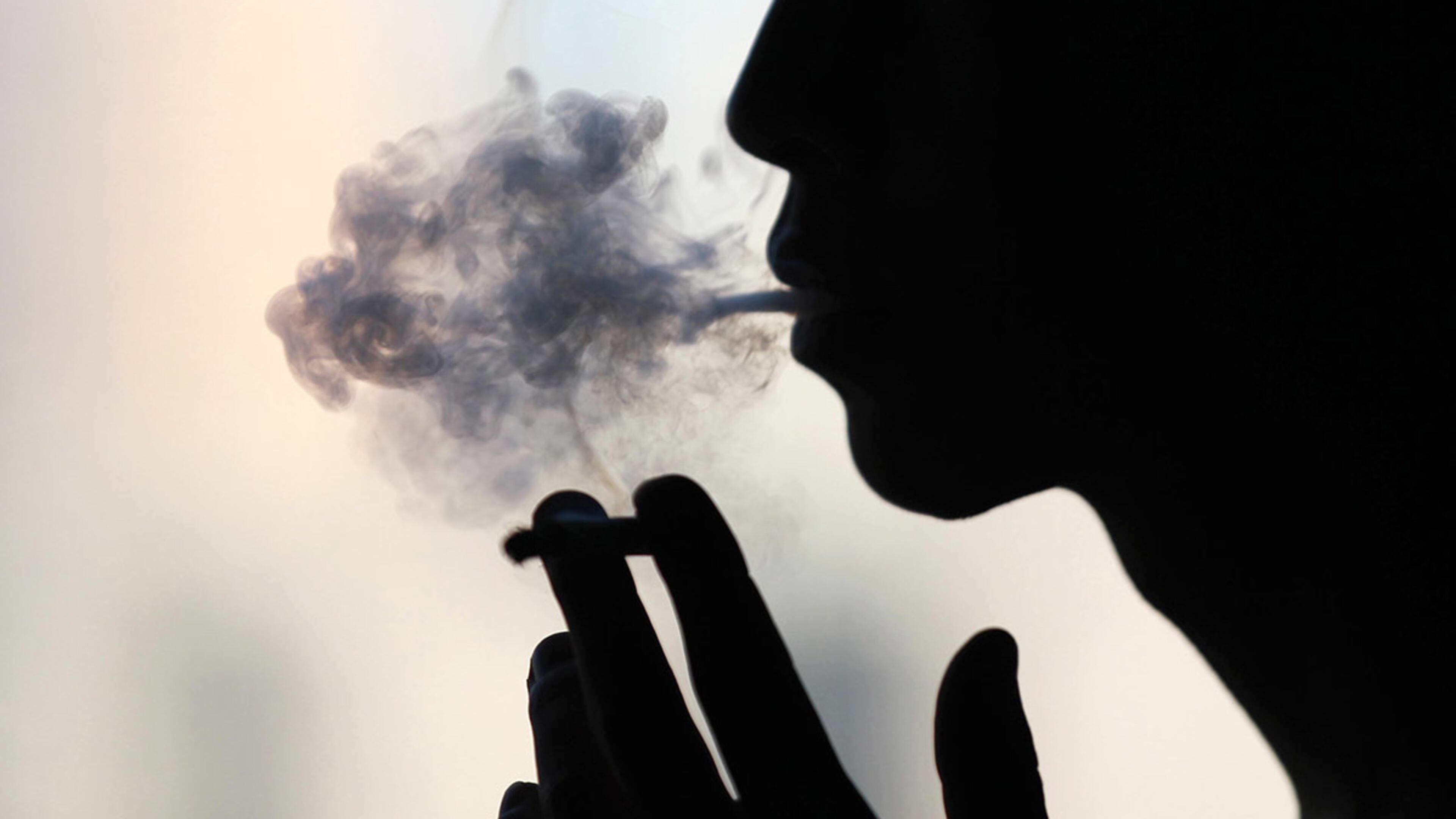How to protect your family from dangers of thirdhand smoke

You know that smoking is dangerous. You're aware that even secondhand smoke is detrimental to your family's health. But did you know about thirdhand smoke?
Thirdhand smoke is the residue left behind after a cigarette is extinguished. As the chemicals in secondhand smoke drift through a room, they stick to everything — clothes, upholstery, carpeting. This residue builds up over time, discoloring walls and fabrics, and leaving behind a hard-to-remove odor.
Researchers have found that when these smoke chemicals interact with pollutants already in the air, they can form carcinogenic compounds.
A 2013 study from the University of California at Berkeley linked one such compound, nitrosamine, to damage in human genetic material and cancer. Researchers are also concerned that the smoke may cause asthma attacks, allergic reactions and increase the risk of sudden infant death syndrome.
Those who smoke put not only themselves at risk, but also everyone who comes into their homes or vehicles. Opening a window or running a fan won't eliminate the chemicals. Limiting smokers to one room or area of the house won't help. Even smoking outside won't help, because the chemicals cling to the smoker's hair and clothes.
The only real way to protect yourself and others from thirdhand smoke is to create a smoke-free environment.
Who is in the most danger when it comes to thirdhand smoke? Infants and small children.
According to Scientific American, children ingest twice the amount of dust that adults do, and will likely get 20 times the exposure to dangerous chemicals and pollutants because of their proximity to contaminated surfaces.
Kids play on the floor and climb on the furniture. Babies put anything and everything they can in their mouths. Their small size makes them more vulnerable to environmental hazards such as thirdhand smoke.
How can you or your loved ones avoid exposing and endangering your small children? Do not allow others to smoke in your home or car, and ask others not to smoke near you or your children. Smoke outside of the home and wear the same "smoking clothes." Change clothes when you re-enter the home, and wash your hands and face.

